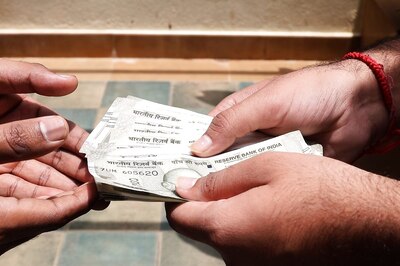
views
New Delhi: The relationship between India and China has acquired "global significance", Prime Minister Manmohan Singh said on Tuesday before leaving on a five-day visit that will also take him to Kazakhstan.
"I look forward to my meeting with President Hu Jintao. The India-China relationship is a key relationship which has now acquired global significance," Manmohan Singh said in a statement before leaving for the Chinese coastal city of Sanya where he will attend the third BRICS summit.
India, China, Russia, Brazil and South Africa are part of BRICS.
The prime minister said he was looking forward to sharing a wide range of views with BRICS leaders on the state of the world economy and the contribution the five-nation bloc can make in sustaining the process of global economic and financial recovery.
"The traditional sources of economic growth are still under stress, even as fresh uncertainties have emerged as a result of recent developments in different parts of the world," he said.
He said the BRICS bloc had assumed "special significance" as the countries are now members of the G-20 and the United Nations Security Council. "Our experience of working with each other in these forums has been positive and holds promise. This gives the Sanya summit, whose theme is 'Broad vision and shared prosperity'."
Manmohan Singh, who is travelling with his wife Gursharan Kaur, said he would be also have bilateral meetings with the presidents of Russia, Brazil and South Africa. "Our relations with these countries are very warm and substantive."
From China, Manmohan Singh will travel to Kazakhstan on a bilateral visit at the invitation of President Nursultan Nazarbayev who was recently re-elected in a snap poll, extending his rule into a third decade with a crushing 95 per cent victory in elections.
This is Manmohan Singh's first visit to Kazakhstan since he became prime minister seven years ago.
He described Kazakhstan as an important partner of India. "My visit signals India's abiding interest in Central Asia that is rooted in the history and culture of this region."

















Comments
0 comment